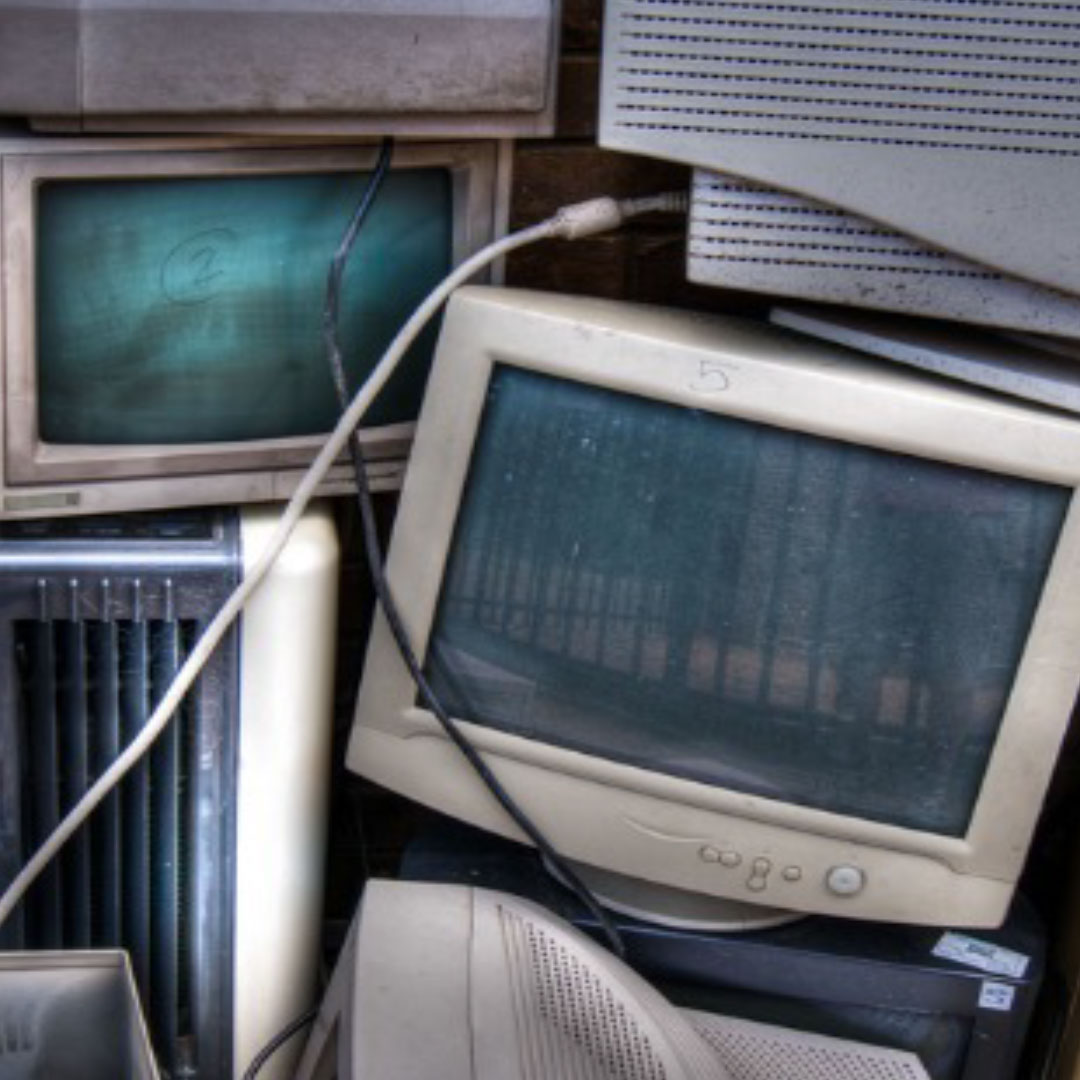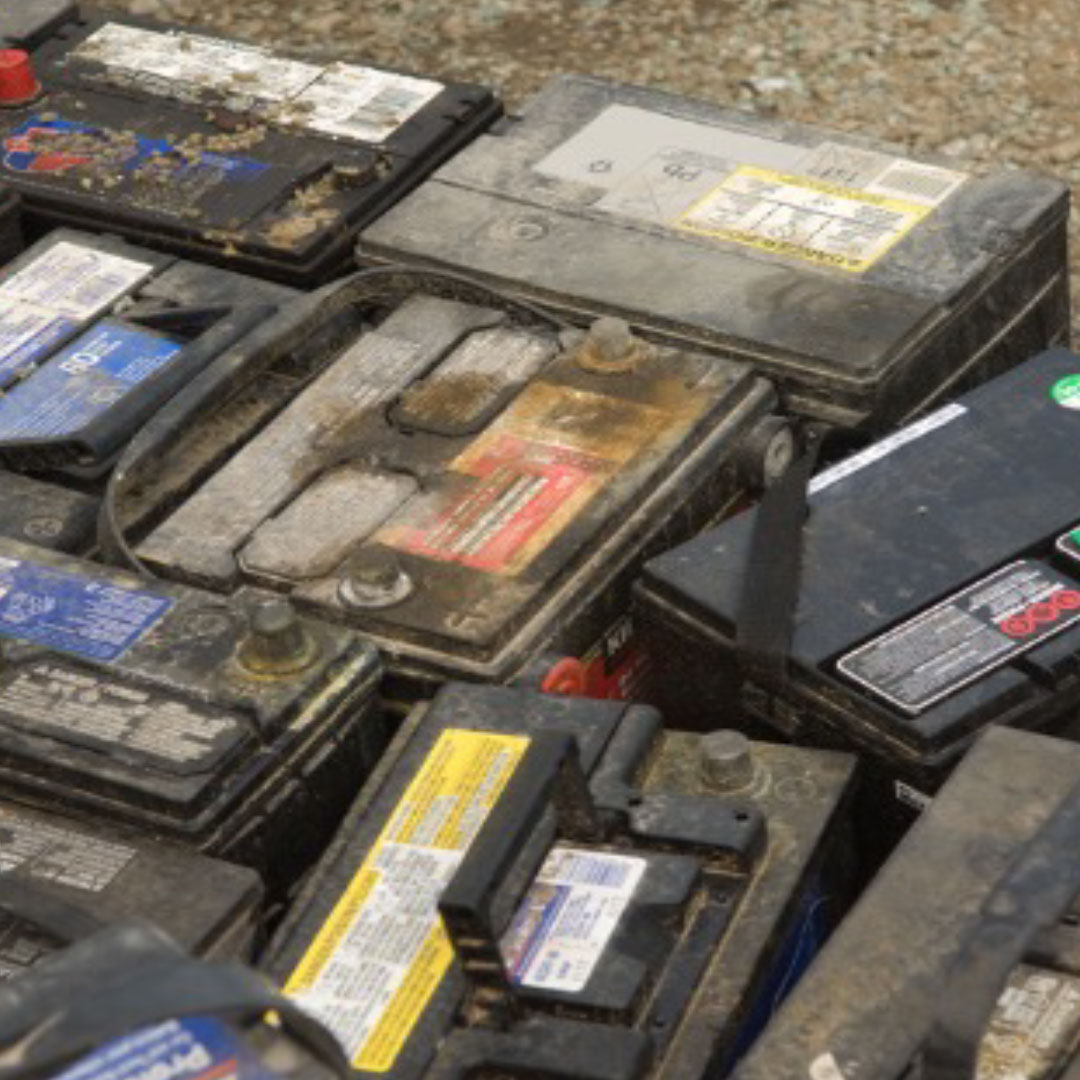




OTHER RECYCLABLE MATERIALS

E-Waste
E-Waste that we pay for includes:
- Computer servers and desktop PC’s
- Laptobs and tablets
- Enterprise networking equipment
- Motherboards & memory chips
- Hard disk drives
E-Waste that we accept but DO NOT pay for includes:
- Consumer printers
- Cell phones
- VCR’s, DVD’s and DVR’s
- Consumer modems and routers
- Other miscellaneous electronics

Monitors and Displays
One of the first types of monitors to be used on a mass scale were Cathode Ray Tube (CRT) monitors that used beams of electrons to create images on a screen. Flat panel monitors were developed for the retail market in the mid to late 1990’s and evolved from the original liquid crystal displays (LCD) screens to gas plasma displays (Plasma), to the current light-emitting diode (LED) monitors. The technologies for monitors continue to evolve with the newest organic light emitting diode (OLED) monitors being the thinnest, sharpest, brightest, and lightest of the group.
We accept an recycle the following types of monitors:
- Cathode Ray Tube (CRT)
- Gas Plasma (Plasma)
- Light-Emitting Diode (LED)
- Organic Light-Emitting Diode (OLED)
*** We do not accept or recycle projection TV's of any type.

Lead Acid Batteries
Lead acid batteries were invented in the 1880’s and are inexpensive and simple to manufacture. They have high power output, are easily rechargeable, and extremely reliable. On the negative side, lead acid batteries have a poor weight to energy ratio, charge slowly, and have a limited life cycle. An estimated 85% of lead in use today goes into these types of batteries, mostly for automobiles. When these batteries run down, 99% of this lead is eventually recycled to make new batteries. Lead acid batteries are the only types of batteries that we accept and recycle. We do not accept household alkaline, NiCad, Nickel Metal Hydride (NiMH), or Lithium Ion (Li-ion) batteries, with the exception of cell phone Lithium-ion batteries.
Common applications were lead acid batteries are used include:
- Automobile & RV
- Motorcycles
- Forklifts and other construction equipment
- Marine applications, primarily boats
- Large scale backup power supplies for telephone and computer farms
- Uninterruptible Power Supplies (UPS) used for computers and servers
